Businesses to ask staff to “bring their own” mobiles
Use of mobile devices at work will grow, but employees, not firms, will buy them.

Sign up today and you will receive a free copy of our Future Focus 2025 report - the leading guidance on AI, cybersecurity and other IT challenges as per 700+ senior executives
You are now subscribed
Your newsletter sign-up was successful
Businesses are set to become "mobilocracies", where most staff have access to a smartphone or other device.
Companies are turning to smartphones and other ultra-portable technology, such as tablets, to drive up productivity. But research into the topic suggests that firms will increasingly expect individuals to bring their own devices to work, rather than issuing company-owned equipment.
The Mobile Workforce Report, compiled by mobility services vendor iPass, surveyed working patterns among more than 4,000 people. According to the vendor, businesses that use mobile technologies can gain 240 hours a year, in additional productivity, at relatively little cost.
According to IDC, the market research firm, the number of mobile workers is set to pass one billion worldwide, by 2013. This is being driven by improved networks and cheaper and better smartphones, but also a more liberal attitude by companies to connecting employee-owned hardware to the corporate network or to business applications.
"We are seeing [access to a mobile device] as something that is expected, something that is the norm," said Steven Wastie, iPass' senior vice president. "This is being driven both by demand and supply: applications people want to access, price points for devices that are more attractive, and larger screen sizes."
The survey, which is in its fourth year, found that younger workers are more likely to use their own devices in business. As many as two thirds of mobile workers use a non-business smartphone for company tasks, as businesses continue to view smartphones as a "perk" reserved for more senior employees.
This will change, as businesses start to rely more on collaboration applications from instant messaging to tools such as WebEx which work on smartphones, and as employees demand access to corporate networks even when they are out of the office.
Sign up today and you will receive a free copy of our Future Focus 2025 report - the leading guidance on AI, cybersecurity and other IT challenges as per 700+ senior executives
According to Wastie, a growing number of knowledge workers now leave their laptop in the office or at home when they travel, and depend instead on a smartphone as their primary portable device. In particular, workers are reporting that an "instant on" device is much more convenient to use on the road than a laptop PC. Employees with smartphones or tablets are, as a result, logging on to the network more often during the working day.
The trend towards greater use of smartphones, and more use of personal devices, will force companies to look again at their security policies, iPass warns. A move towards securing data rather than systems will make it easier to support both mobile workers and to exploit technologies such as cloud computing, but companies will also have to invest in educating mobile staff, to ensure they work in a safe way.
-
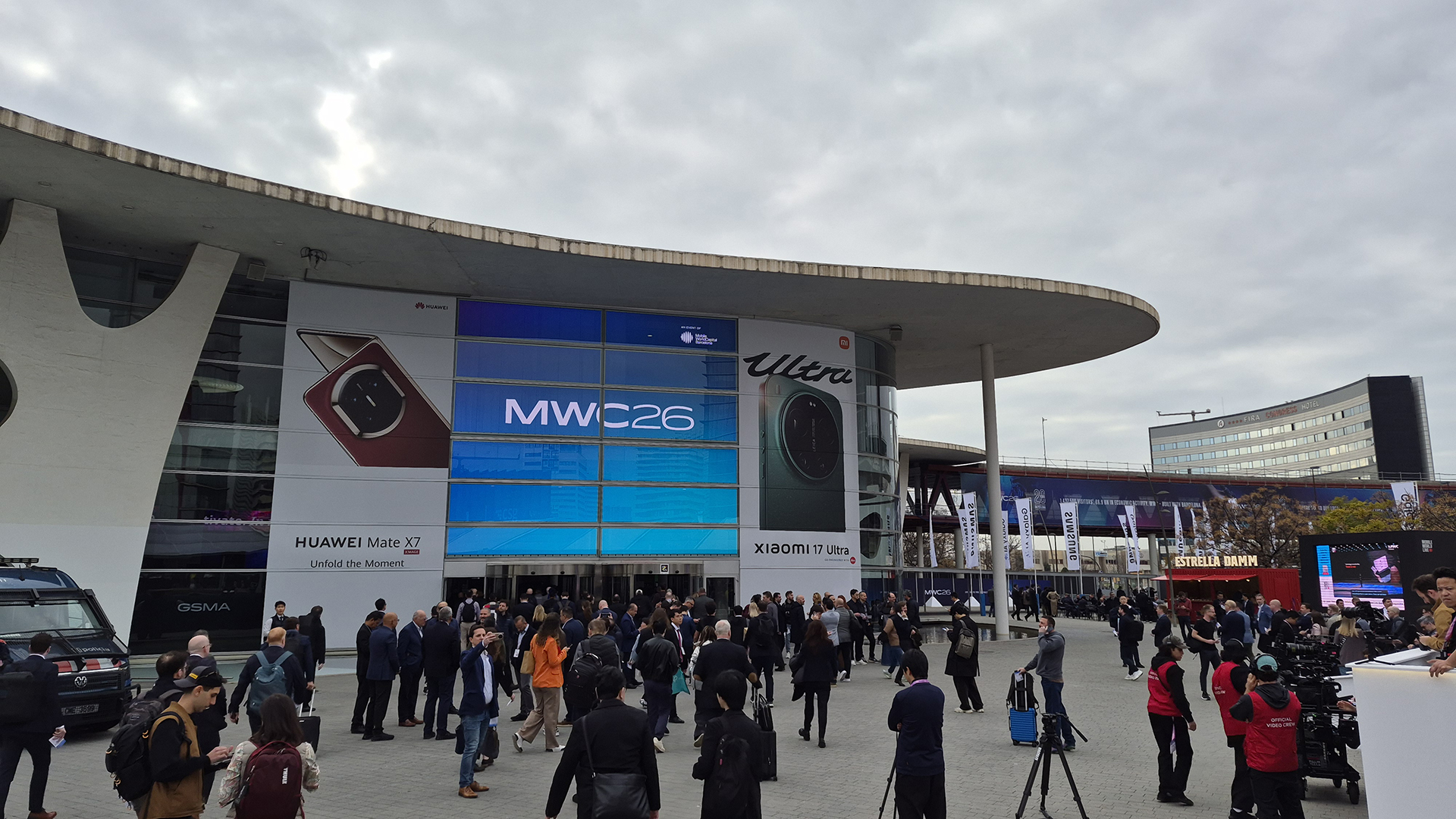 Give businesses more practical AI services and some return on investment before you go selling 6G
Give businesses more practical AI services and some return on investment before you go selling 6GThe value of modular computing and community-led development wins big at MWC, while AI continues to consume us all
-
 Microsoft CEO Satya Nadella says 'anyone can be a software developer' with AI
Microsoft CEO Satya Nadella says 'anyone can be a software developer' with AINews AI will cause job losses in software development, Nadella admitted, but claimed many will reskill and adapt to new ways of working
-
 Why a Dell Pro laptop is all you need and more for 2026
Why a Dell Pro laptop is all you need and more for 2026With built-in NPUs and sturdy portability, Dell Pro laptops are a reliable tool for the future of productivity
-
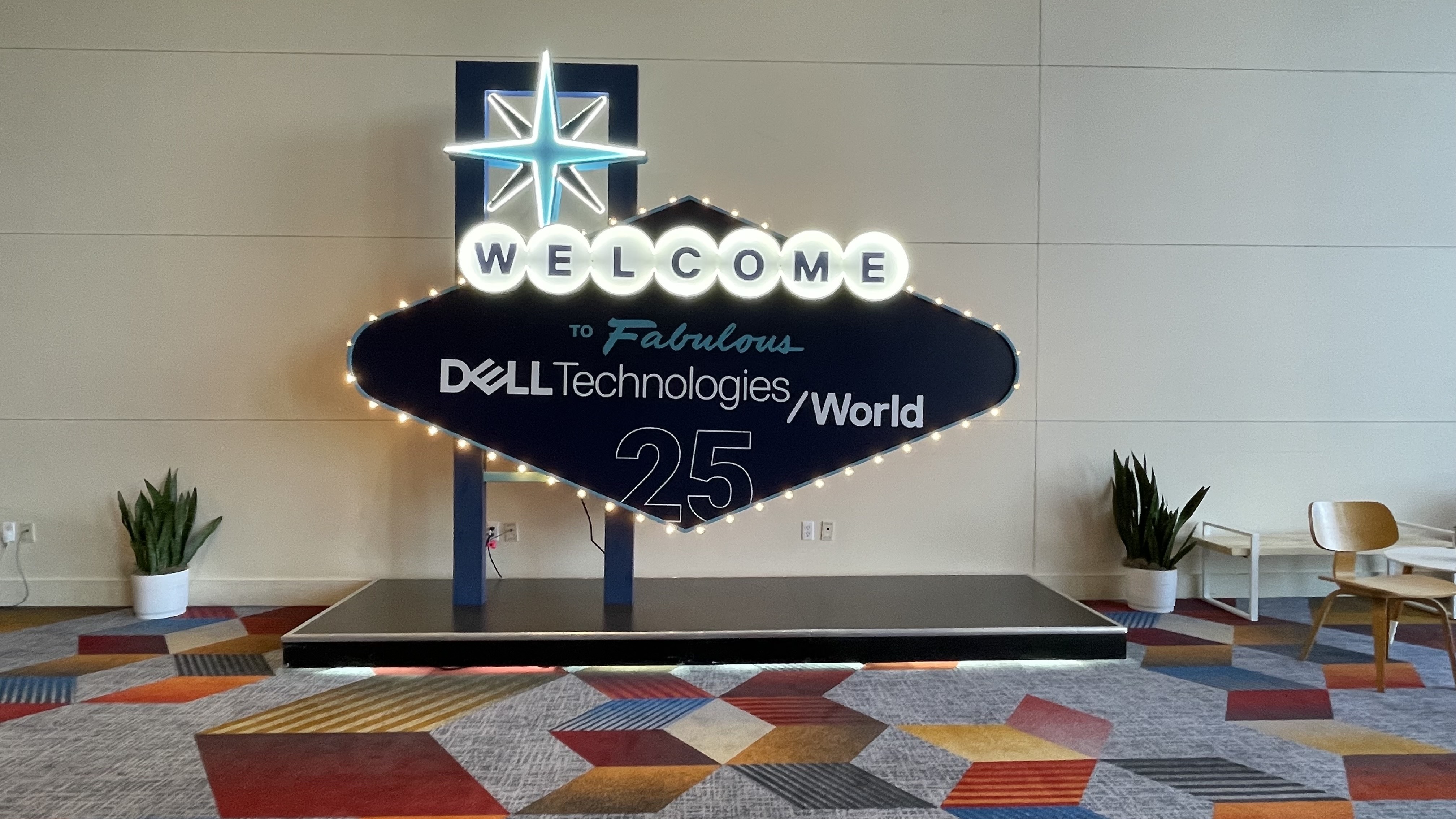 Dell Technologies World 2025 live – all latest news and updates live from the Venetian Conference Center, Las Vegas
Dell Technologies World 2025 live – all latest news and updates live from the Venetian Conference Center, Las VegasKeep up to date with the news and announcements from Day Two of Dell Technologies' annual conference as they happen
-
 Work and innovate everywhere
Work and innovate everywherewhitepaper Protection across AI attack vectors
-
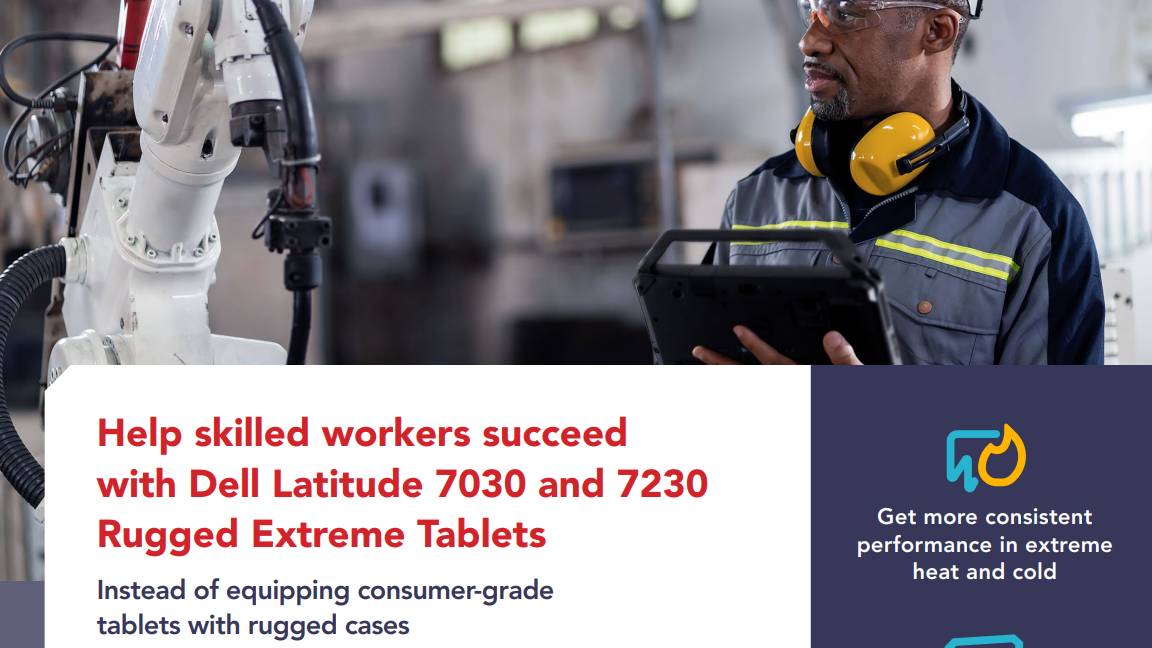 Help skilled workers succeed with Dell Latitude 7030 and 7230 Rugged Extreme tablets
Help skilled workers succeed with Dell Latitude 7030 and 7230 Rugged Extreme tabletswhitepaper Help skilled workers succeed with Dell Latitude 7030 and 7230 Rugged Extreme tablets
-
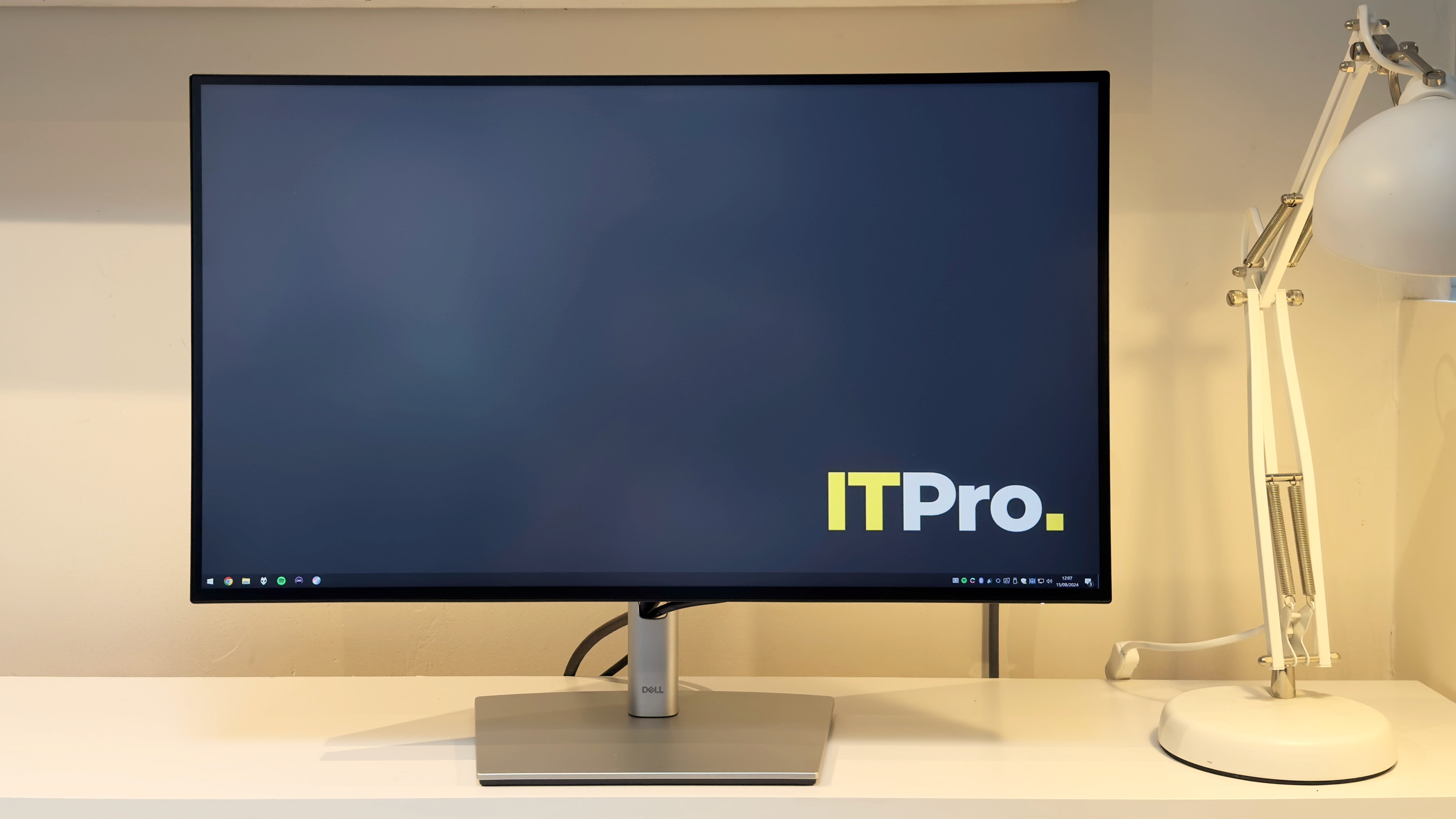
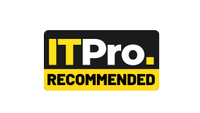 Dell UltraSharp U2723QE monitor review: Feature-packed and 4K – but not quite perfect
Dell UltraSharp U2723QE monitor review: Feature-packed and 4K – but not quite perfectReviews Anyone needing respectable HDR performance or gaming-friendly features such as adaptive sync or high refresh rates should be looking elsewhere, the Dell U2723QE is just not that kind of monitor
-
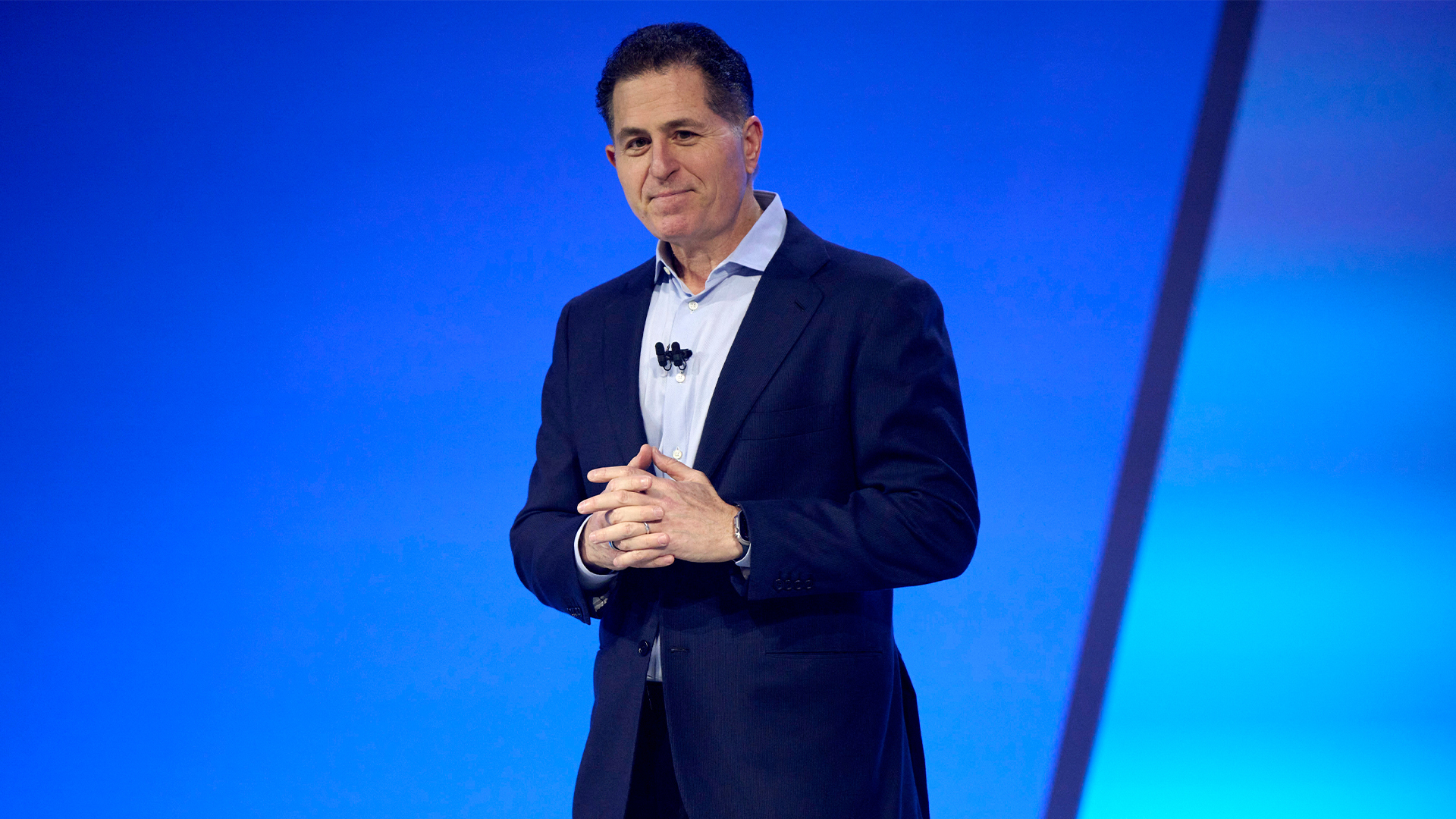 AI is paying dividends for Dell Technologies – booming server sales and rapid networking growth have taken the edge off a rocky period
AI is paying dividends for Dell Technologies – booming server sales and rapid networking growth have taken the edge off a rocky periodNews Despite a troubling period for Dell Technologies, the outlook remains positive amid surging enterprise demand for AI solutions
-
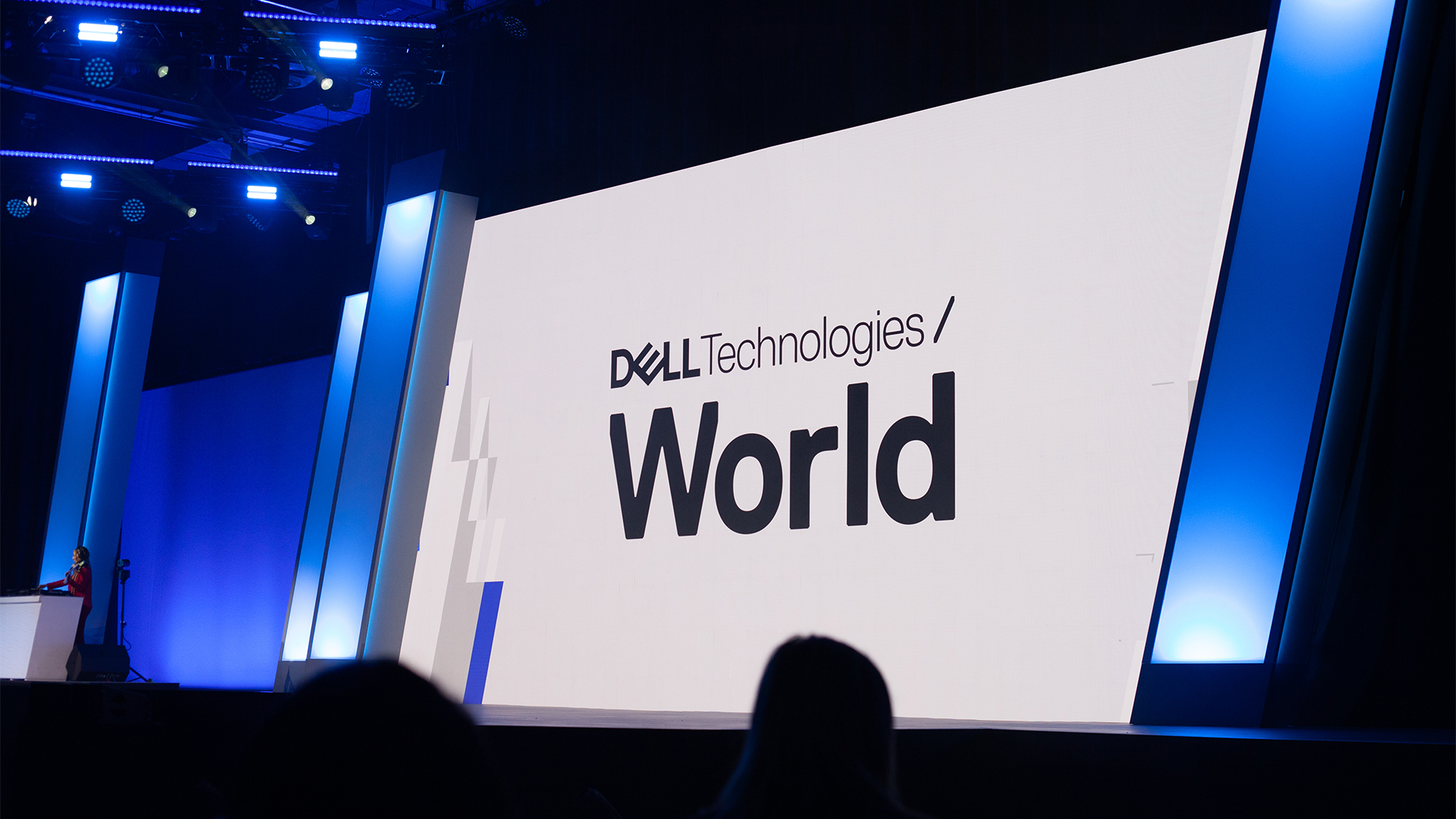 Dell Technologies World 2024 live: All the news and announcements from day-two
Dell Technologies World 2024 live: All the news and announcements from day-twoLive blog It's day-two at Dell Technologies World 2024 and we're live on the ground in Las Vegas - follow our rolling coverage for all the latest news, updates, and announcements
-
 Dell's Spring Sale: The right time to refresh
Dell's Spring Sale: The right time to refreshSave up to 20% off with these limited-time deals on PCs and more